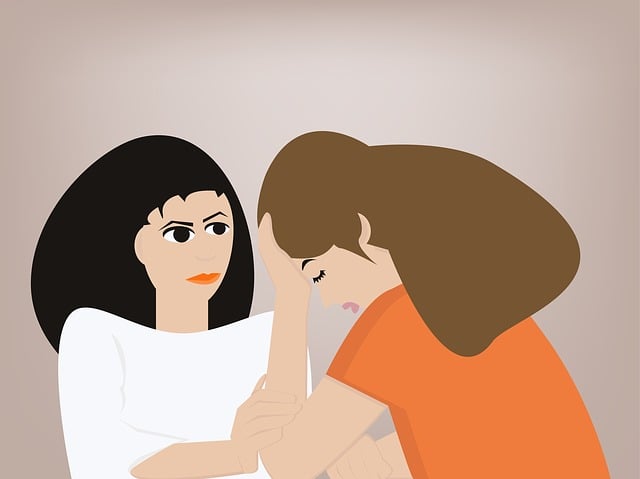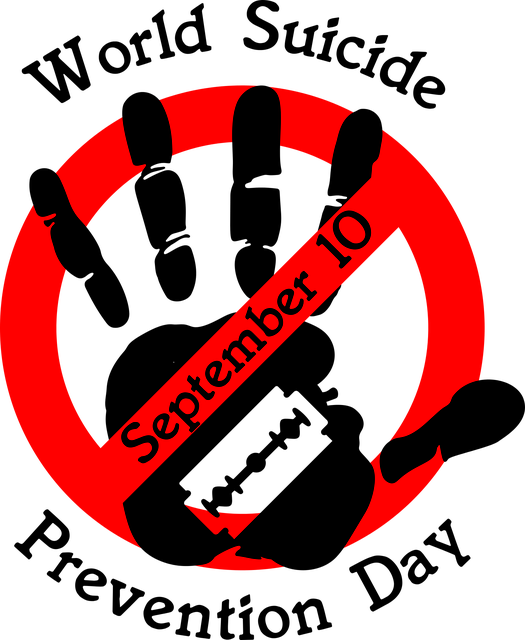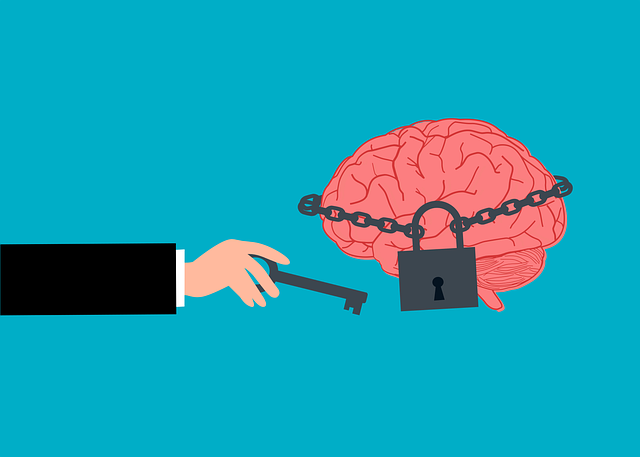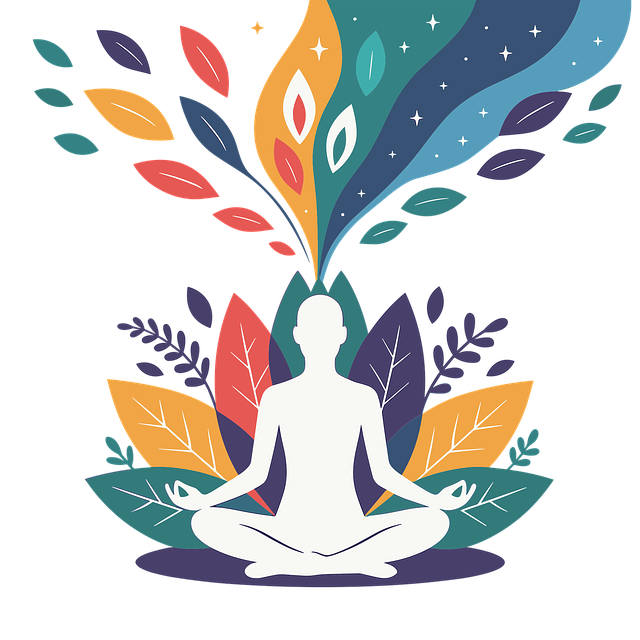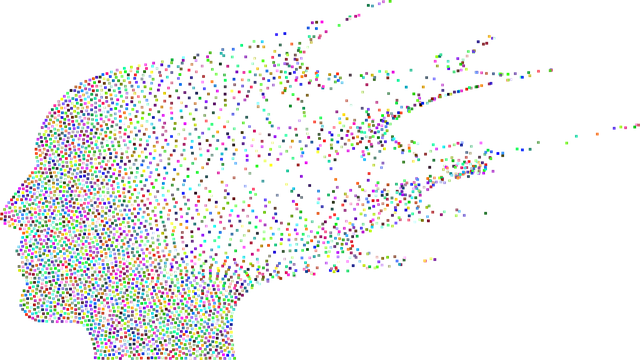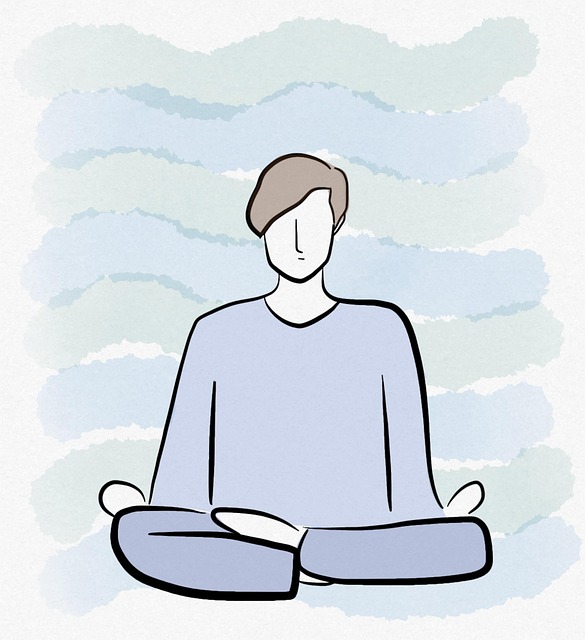Wheat Ridge Anxiety Therapy offers an evidence-based, multi-faceted approach to treating anxiety disorders, combining CBT, mindfulness meditation, and inner strength development exercises. Their program uses tailored treatments, self-esteem improvement, and coping strategy learning to empower individuals to manage stress and enhance overall well-being. Evaluating the effectiveness of their mental wellness initiatives includes robust methods like standardized questionnaires, interviews, focus groups, and self-awareness exercises, both quantitatively and qualitatively. These evaluations track participant outcomes over time, provide insights into program performance, and enable refinements for enhanced inner strength development, ensuring Wheat Ridge Anxiety Therapy remains responsive to diverse mental health needs.
Mental wellness programs are essential for fostering resilience and enhancing quality of life. This article delves into evaluation methods, offering a comprehensive guide on assessing their effectiveness. From understanding Wheat Ridge Anxiety Therapy’s foundational principles to exploring diverse assessment tools and quantitative techniques, each section provides insights into optimizing mental health support. Discover qualitative evaluation’s power in unearthing nuanced feedback and learn iterative strategies for continuous program improvement based on real-world applications.
- Understanding Wheat Ridge Anxiety Therapy: An Overview
- Assessment Tools for Mental Wellness Programs
- Measuring Program Effectiveness: Quantitative Methods
- Qualitative Evaluation Techniques: Uncovering Deep Insights
- Continuous Improvement: Iterative Evaluation Strategies
Understanding Wheat Ridge Anxiety Therapy: An Overview

Wheat Ridge Anxiety Therapy offers a comprehensive approach to mental wellness, focusing on helping individuals manage and overcome anxiety disorders. This therapeutic method is rooted in evidence-based practices, combining various techniques to tailor treatments to each client’s unique needs. The program recognizes that anxiety is a complex condition, often stemming from a mix of psychological and physiological factors. Therefore, it employs a multifaceted strategy, incorporating cognitive-behavioral therapy (CBT), mindfulness meditation, and inner strength development exercises.
Through these methods, clients engage in self-esteem improvement activities and learn coping strategies to navigate stressful situations. The goal is not just to alleviate symptoms but to empower individuals with long-lasting tools for managing anxiety. By fostering a deeper understanding of their anxious thoughts and behaviors, the therapy enables clients to develop resilience and enhance their overall mental wellness.
Assessment Tools for Mental Wellness Programs

Mental wellness programs rely on robust evaluation methods to measure their effectiveness and impact. Assessment tools play a crucial role in understanding the success of these initiatives. One such tool is the use of standardized questionnaires designed to assess symptoms, attitudes, and behaviors related to mental health. These questionnaires can provide valuable insights into participants’ well-being before, during, and after program implementation, such as those offered by Wheat Ridge Anxiety Therapy.
Additionally, qualitative methods like interviews and focus groups allow for deeper exploration of individuals’ experiences. This is particularly beneficial in understanding the community outreach program’s reach and impact on diverse populations. Self-Awareness Exercises and Confidence Boosting techniques can also serve as evaluation metrics, gauging participants’ personal growth and changes in psychological well-being over time.
Measuring Program Effectiveness: Quantitative Methods

Measuring program effectiveness is a crucial aspect of evaluating mental wellness initiatives, and quantitative methods offer valuable insights into the success of interventions like Wheat Ridge Anxiety Therapy. These approaches involve collecting and analyzing numerical data to quantify changes in participant outcomes. One common technique is pre-post testing, where individuals complete standardized assessments before and after the program. By comparing scores, therapists can gauge improvements in symptoms, such as anxiety levels or social skills, using tools like the Social Skills Training scale.
Additionally, quantitative methods enable the tracking of trends over time through longitudinal studies. This allows researchers to assess the long-term impact of programs like Wheat Ridge Anxiety Therapy, ensuring that gains made by participants are sustained. By combining these quantitative approaches with qualitative feedback from participants, therapists gain a comprehensive understanding of program effectiveness, enabling them to refine and optimize mental wellness interventions based on measurable outcomes and mind over matter principles, ultimately fostering inner strength development.
Qualitative Evaluation Techniques: Uncovering Deep Insights

Qualitative Evaluation Techniques offer a powerful tool for understanding the intricate nuances of mental wellness programs, particularly in the context of Wheat Ridge Anxiety Therapy. Through methods such as in-depth interviews and focus groups, participants can share their personal stories, insights, and experiences. This approach allows researchers to gain deep, rich data that quantitive measures often miss, revealing not just symptoms but also the underlying factors influencing mental health.
By engaging with individuals who have undergone therapy or utilized trauma support services, or even those exploring depression prevention strategies through Mental Wellness Journaling Exercises, researchers can uncover complex themes and emotions. These insights are invaluable for refining program content, ensuring it aligns with participants’ needs and expectations, and ultimately enhancing the effectiveness of services provided by Wheat Ridge Anxiety Therapy.
Continuous Improvement: Iterative Evaluation Strategies

In the realm of mental wellness programs, continuous improvement is paramount to ensuring effectiveness and relevance. Iterative evaluation strategies play a crucial role in this process, allowing for dynamic adjustments based on ongoing data and feedback. At Wheat Ridge Anxiety Therapy, for instance, regular assessments are integrated into treatment plans, enabling therapists to track progress and identify areas that necessitate refinement. This real-time approach facilitates personalized interventions, tailored to the evolving needs of each client.
By incorporating Self-Awareness Exercises and Healthcare Provider Cultural Competency Training, these evaluation methods foster a holistic understanding of emotional regulation. The iterative process encourages both clients and providers to engage in open dialogue, enhancing communication and building stronger therapeutic alliances. Through such dynamic strategies, programs can adapt and evolve, ensuring they remain responsive to the diverse mental health landscape and the ever-changing needs of individuals seeking support.
Evaluating mental wellness programs, including those inspired by Wheat Ridge Anxiety Therapy, is a multifaceted process. By combining quantitative methods like surveys and statistical analysis with qualitative techniques such as interviews and focus groups, we gain a holistic understanding of program effectiveness. Continuous improvement requires iterative evaluation strategies that adapt to emerging research and community needs. Implementing these diverse assessment tools empowers mental health professionals to optimize care, ensuring programs remain relevant and beneficial for those they serve.

